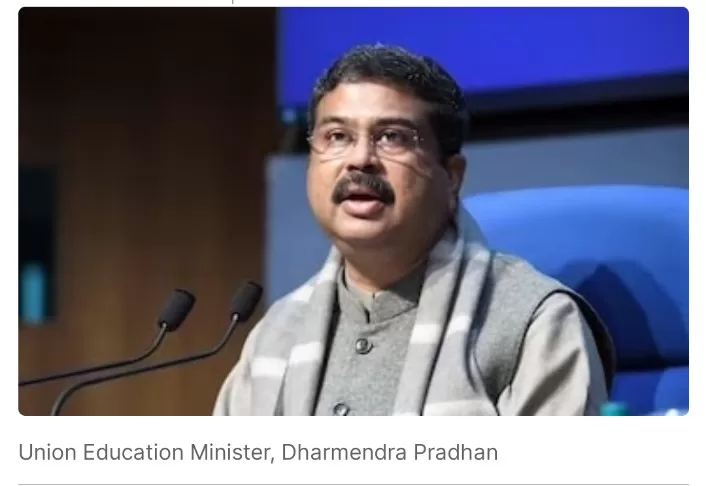The Higher Education Commission of India (HECI) Bill, designed to establish a singular regulator for higher education, is poised for introduction in the Parliament in the near future. However, it is important to note that medical and law colleges will not fall under the purview of this regulatory body, as clarified by Education Minister Dharmendra Pradhan in an interview with PTI.
Pradhan delineated that the HECI’s primary functions will encompass regulation, accreditation, and the establishment of professional standards. Notably, funding, often considered as a fourth dimension, will not be subject to the HECI’s authority, with financial autonomy retained by the respective administrative ministries, such as the health ministry and agriculture.
Pradhan emphasized, “With the exception of medical and law colleges, all educational institutions will be brought under the jurisdiction of the HECI.”
The HECI is a concept outlined in the new National Education Policy (NEP) and aims to supersede the University Grants Commission (UGC), the All India Council for Technical Education (AICTE), and the National Council for Teacher Education (NCTE). While the UGC oversees non-technical higher education, the AICTE manages technical education, and the NCTE governs teacher education.
The idea of HECI was previously presented in the form of a draft bill. The draft Higher Education Commission of India (Repeal of University Grants Commission Act) Bill, 2018, which sought to repeal the UGC Act and establish the HECI, was made public in 2018 for feedback and consultations.
Renewed efforts to bring the HECI into existence were initiated under Pradhan, who assumed the role of Union Education Minister in July 2021. The NEP 2020 underscores the necessity of an overarching regulator for higher education, highlighting the need for a comprehensive overhaul of the existing regulatory system to reinvigorate the higher education sector and enhance its potential.
The NEP 2020 envisions a new system where the distinct functions of regulation, accreditation, funding, and academic standard setting are performed by separate, independent, and empowered bodies.







